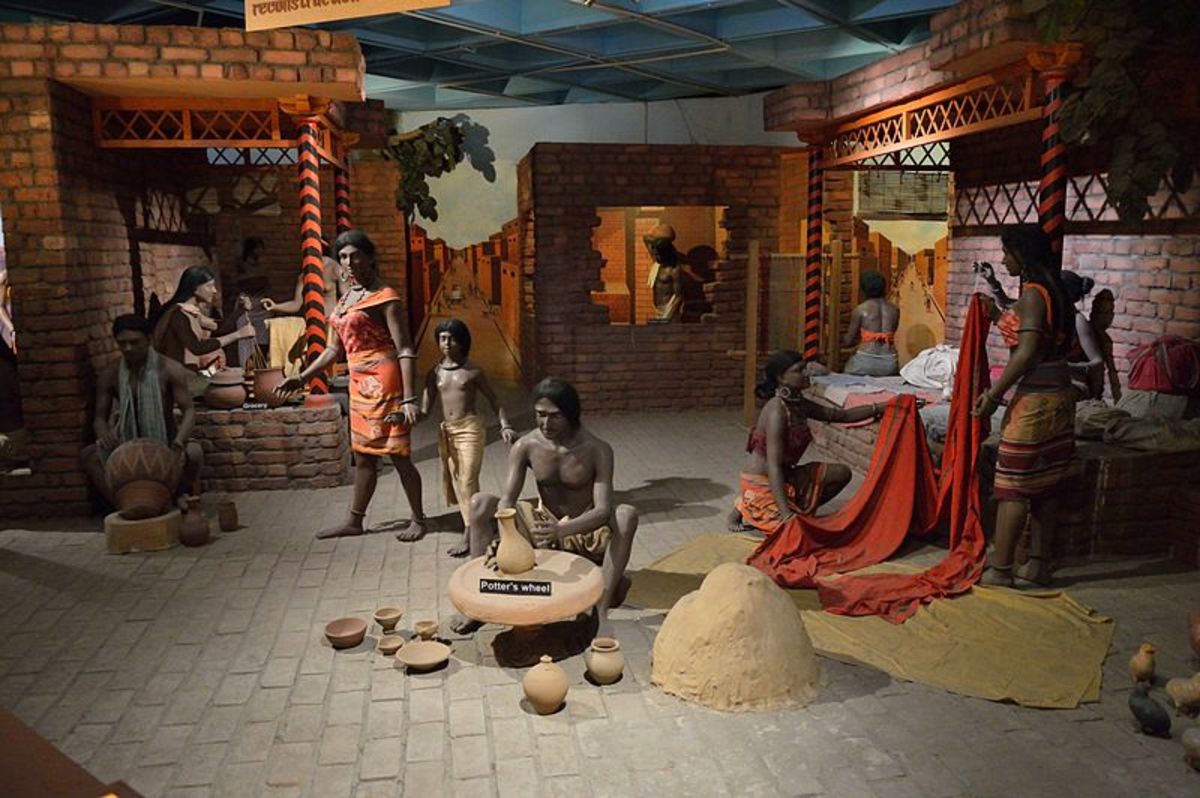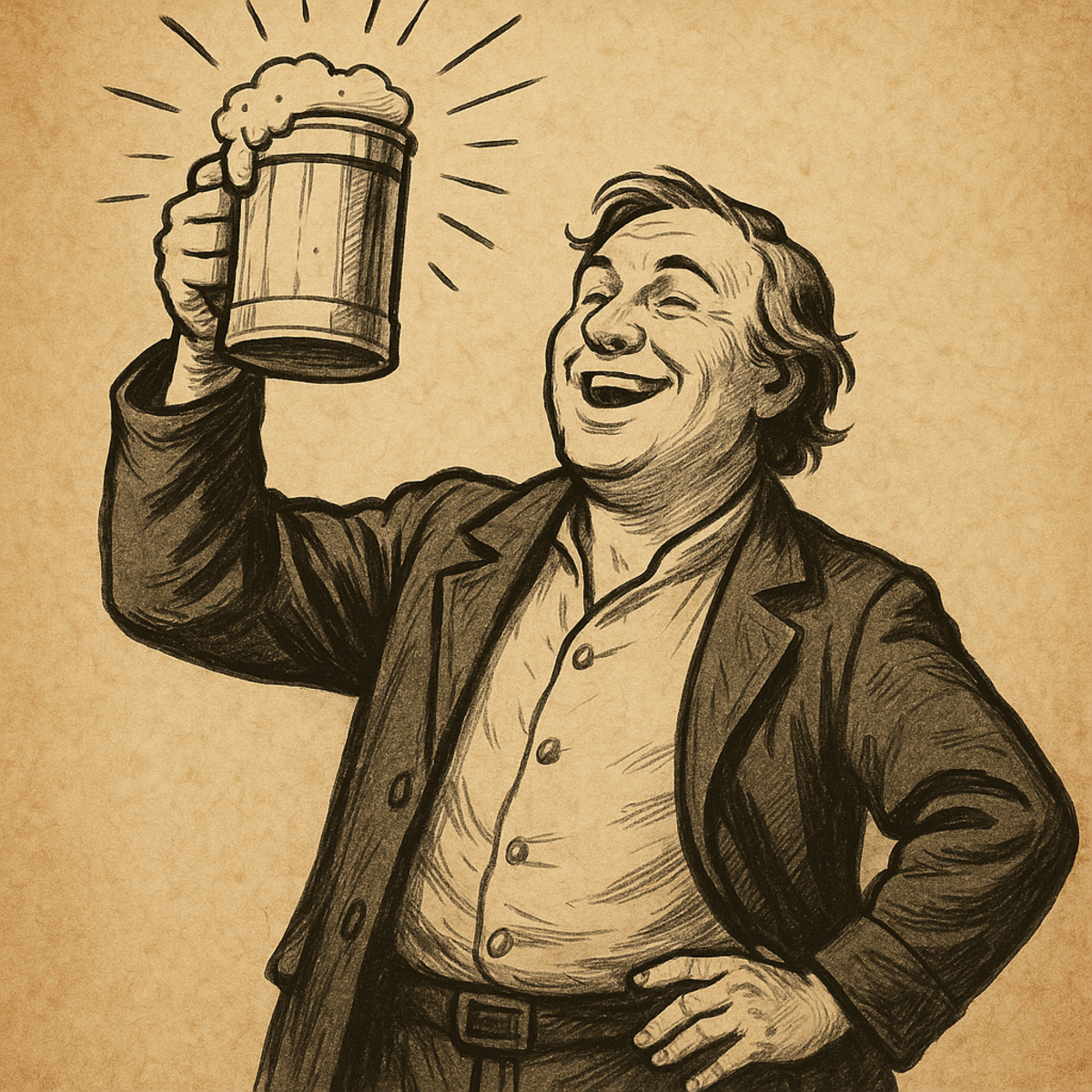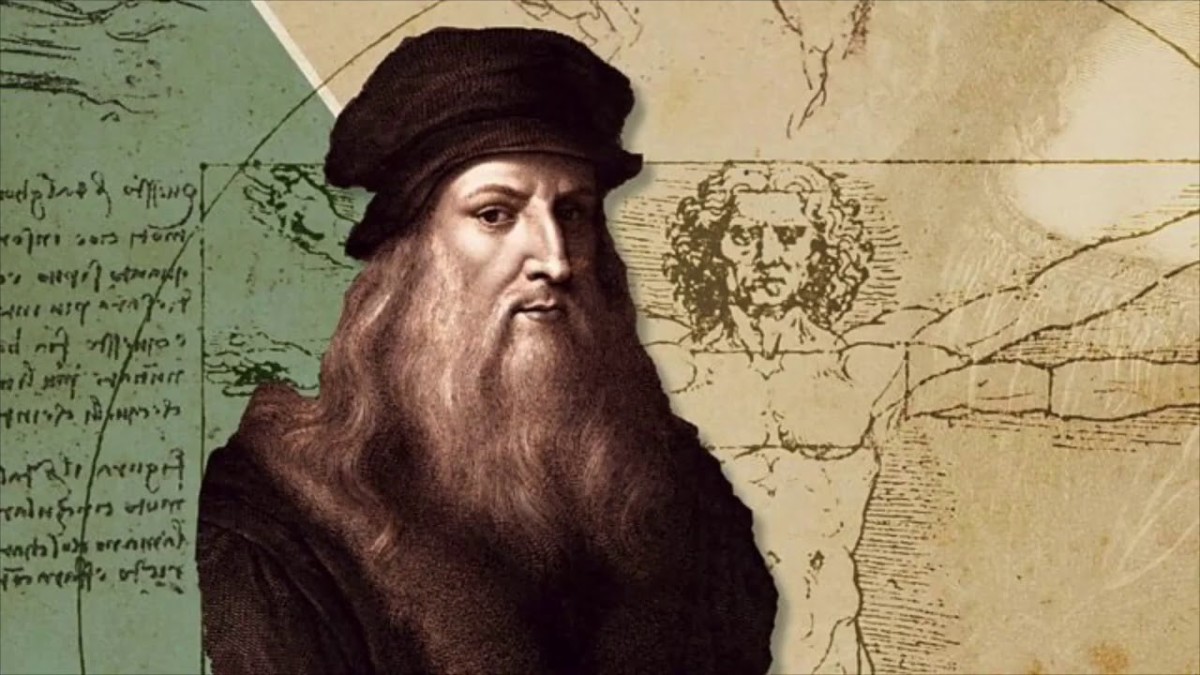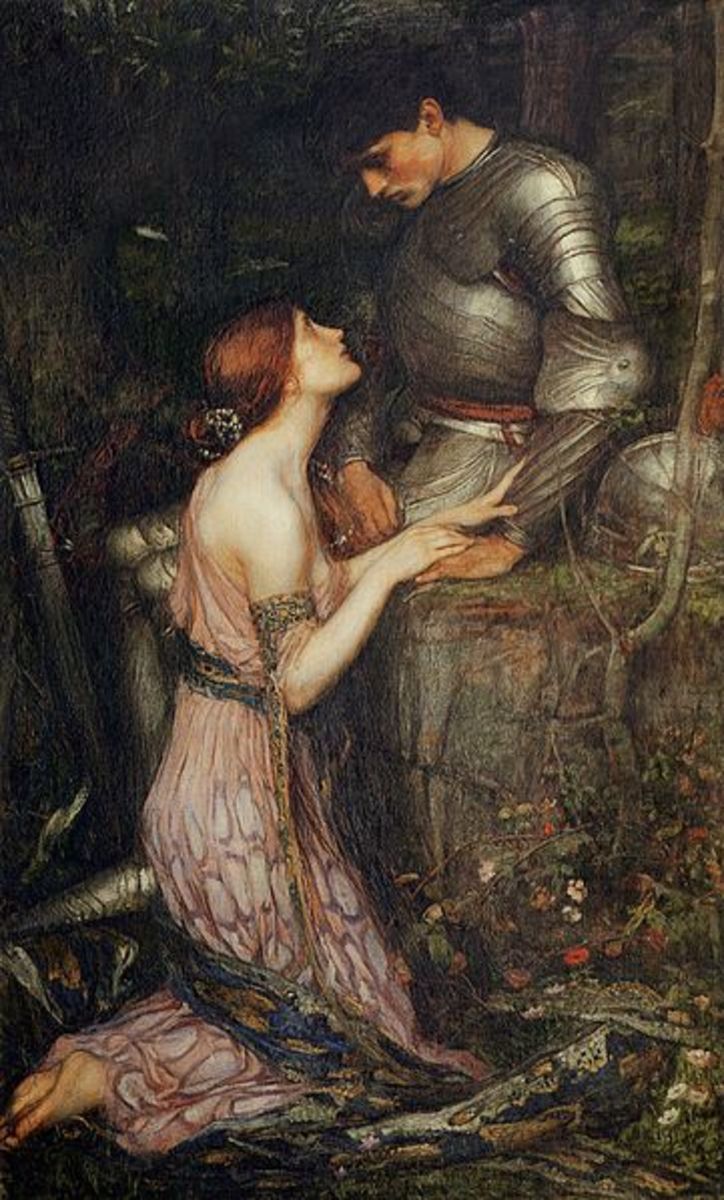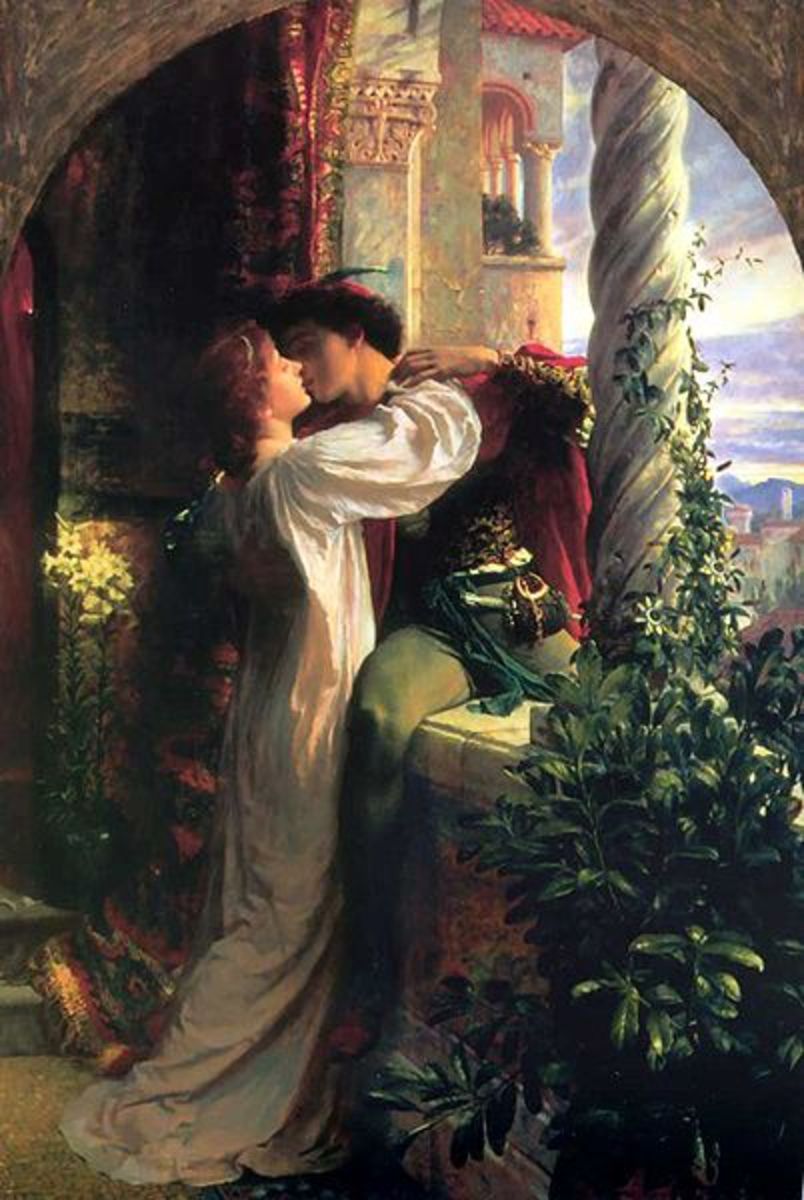How the History of Literature Relied in Ancient Prose and Poetry-- The Influence of The Icelandic Edda
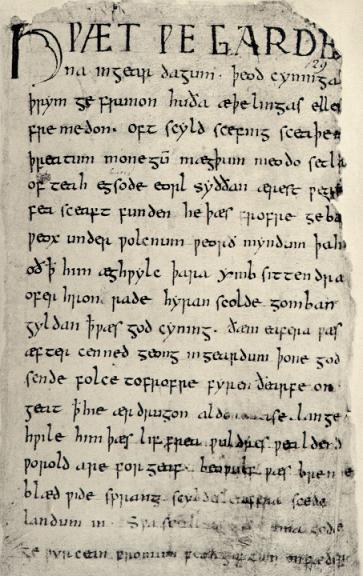
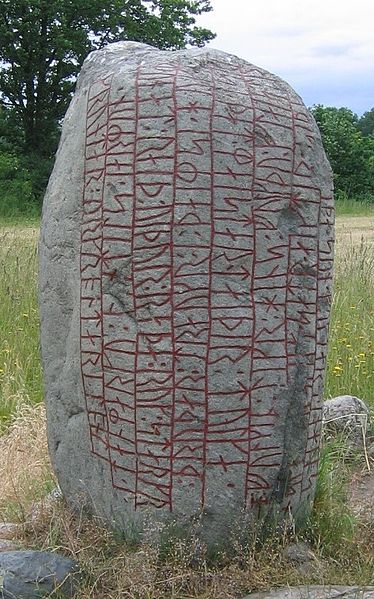
How to start this hub coming back from a mental... long journey into Nordic Oceans? Seeing Human beings roaming our Planet... Ancestors that just walked over our ancient world, willing to tell with joy to the next generation, about their epic stories. How could they have transferred worth telling experiences, if they didn't even have a manuscript or a quill? Only stones and sharpening edges from rocks.
Somewhere down the line...
Someone who knew that his lifespan wouldn't last over a hundred years, 'thought' of becoming a story teller. Wolves howling, partners whining around and our great great great parents memorizing from that natural rhyming. Besides the repetitive whistling and our stomach making that characteristic noise after eating a good meal. They had to come up with an idea that was already rhyming in their minds.
Just imagine (today), you and grandpa sitting down one night on that front porch. Genetically, that sensation of hearing and listening was felt thousand of years ago. Ever heard that word respect the elder?
So, to make those stories or legends worth listening to, men started to create those first alliterative vowels that eventually made up the first archaic prose. Proto-Germanic language and runic alphabet were available for whoever wanted to leave an inscription on foreign shores.
How were the first Norse stories concocted?
Imagine yourself being Olaf the Viking and have gone with your dad to Angle-saxonian shores over and over, and you wanted to remember how your 'grandpa' was doing it 200 years before your own time. Shipwrecking, thunder and self imposed Gods were ready to recreate your first 'Odyssey,' sort of Shopin meets Quincy Jones at a Westin Hotel in Downtown L.A.
Adding myths, worries and those scars from war, at one point under an Icelandic Oak, the first Poets of that time, started to say repetitively, what they were taught by their own ancestors. Some started to like what they created and shared it like in here.
Norse mythology and epic wars that happened before, were told about once more. Some added nottingham and Robin hood. Literature was being told instead of being quill down... so far.
There was no leafs to write, so they were sang and versed. Just have in mind the sound of nature on their neurons. Somewhere down the line they came up with an idea: Passing Myths and legends through verses that could easily be remembered. "Okay bring that catchy Chorus Elvis..!"
SKALDS, IRISH OLLAVES AND WELSH BARDS
Were the first group of poets that composed courtly poetry, and panegyrics for Kings and their aristocracy. Some were perfect story tellers and some Kings became Skalds in their own right.
If you check you own bloodline that goes back to England, you will, probably find an ancestor that was a poet. Have you ever wonder why you love to read and write in here? Do you see yourself already commenting in your mind, as you read us?
Fast forward to 1269 A.D.
By the thirteen century, Christianising eliminated most of the Skaldic poetic creativity, because, they say, confronted pagan believes with christian elements. Continental Scandinavia was already done with that profession. We think it was their syndicates (unions)
Luckily Iceland was still away from those reforms and erudite monks were ready to collect ancient tales, and fables.. and amazing stories that survived in old English (the Karlevi Runestone from the late 10th century has the oldest surviving text in the metre).
Medieval English was already in vogue and that runic alphabet was gone. Here is how these theologists connected this 'floating Literature' to Shakespeare's luck... and ours as well!
The meaning of Edda?
Edda refers to: Old Norse Poetic Eda, and Prose Edda. If we want to make a rough analogy with the Bible, then these Literature from Viking era would have represented the old and new testament for Icelandic writers. Actually Prose Eda is called also younger Edda (Snorri Sturlusson compiled this Prose).
Elder Edda or poetic Edda
Is the compilation of Norse poetic mythology; called also Saemundar Edda. These poems were held together inside this Codex Regius (Royal book). The date of the first manuscripts goes back to 1270. Its mostly attributed to Saemundar Edda 'the learned', a larger that life bishop that was another venerable Bede of his time.
These poems brought to life stories from Odin, Thor, loki, Ollr, Freyr (that gave origin to our friday), and so many Nordic Gods like Siggurd and Gunnar. From Edda, we inherited the word 'ode.' and from Skald, we inherited our 'scold'
Codex Regius, was lost until 1645, and went from Scandinavia back to Iceland in 1971.
Prose Edda
Prose edda is of course an Icelandic manual of poetics which also contains many mythological stories. Its purpose was to enable Icelandic poets and readers to understand the subtleties of alliterative verse, and to grasp the mythological allusions behind the many kennings (compound words that would replace a simple word) that were used in skaldic poetry. That's where the creative 'Bard' from 9th century Norway would come up with a compounded word like wound-hoe instead of Sword.
Kenning
Descriptive phrase which takes the place of a common noun...used to explain it...often used in Old English poetry.
Snorri Sturluson
(1179 – 23 September 1241)
Snorri’s enduring importance lies in the fact that without his writings, our possibilities for perceiving the views and thoughts of pagan North Europeans, and even of Germanic and other peoples in general, would be considerably more limited than they admittedly are.--Wikipedia
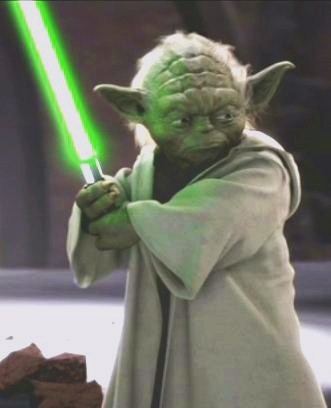
The Subtle influence
That subtle influence was caused by those alliterative verses. Those verses would make use of alliterations as the principal structuring device to unify lines of poetry. Going back to those story tellers from that 9th Century and before, we can deduct that they would device words that would have connecting phonetic syllable as a link. Just imagine they had nature as an example: A bird making the noise over and over. Or just think of our 'quak-quack' sound. Somehow they came up with the way of transmitting essential stories through subtly repetitive consonants. For today's average readers, we can just show you practical examples, even in the media, we are used to words like, Coca Cola, Donald Duck, Peter Pan, or even Janet Jackson, that propaganda studies and psychology instilled in our minds forever. Just came to my mind this Star wars... how about Harry Potter?
SO WHAT WAS THE INFLUENCE IN THE HISTORY OF LITERATURE?
It was gravitational. Beowulf and Robin hood would've died immediately if these scalds woudn't have known how to orally preserve so many eulogist verses by heart. Some were real story tellers that added their own style. By 1270 this Icelandic Bedes, took the task to put all those Norse stories into that medieval manuscript, the codex Reggis. The time was right and, the past was preserved coming back stronger than ever when enlightenment struck hard around Hamlet and King Lear times.
I wonder if Bede, Buddha, Jedi Yoda and Lady Gaga have something in common?



